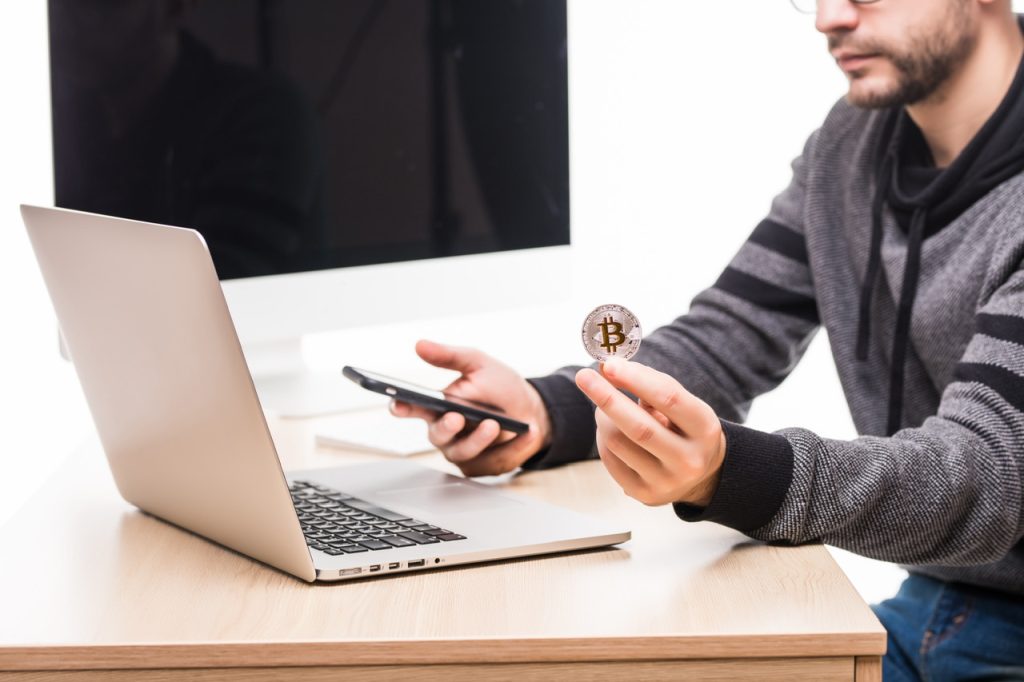The legal landscape surrounding cryptocurrency in Pakistan has been evolving, but it’s important to note that my knowledge is based on information available up until September 2021. Here’s a general overview of the situation up to that point:
- Undefined Status: Cryptocurrency’s legal status in Pakistan remained undefined, with neither explicit regulations nor a clear stance from the government. As a result, the use, trading, and ownership of cryptocurrencies existed in a legal gray area.
- State Bank of Pakistan (SBP) Notice: The State Bank of Pakistan (SBP), the country’s central bank, issued a circular in 2018 that essentially prohibited banks and financial institutions from providing services related to cryptocurrencies. This included opening accounts, facilitating transactions, and offering services related to virtual currencies.
- Risk Warning: The SBP’s circular also warned against the inherent risks associated with cryptocurrencies, cautioning the public against investing in them due to their unregulated and speculative nature.
- Local Exchanges and Trading: Despite the regulatory challenges, there were reports of cryptocurrency exchanges operating in Pakistan, allowing users to trade various cryptocurrencies. However, these exchanges faced difficulties in terms of accessing banking services.
- Legal Uncertainty: The lack of clear regulations led to uncertainty among individuals and businesses using cryptocurrencies. There was ambiguity regarding taxation, consumer protection, and legal recourse in case of disputes.
It’s important to keep in mind that regulations and the legal landscape can change rapidly. Since my last update in September 2021, there might have been developments in the legal status of cryptocurrencies in Pakistan. To get the most current and accurate information, I recommend checking with legal authorities, official government sources, or legal experts familiar with the latest developments in Pakistan’s cryptocurrency regulations
Post Views: 1,483

